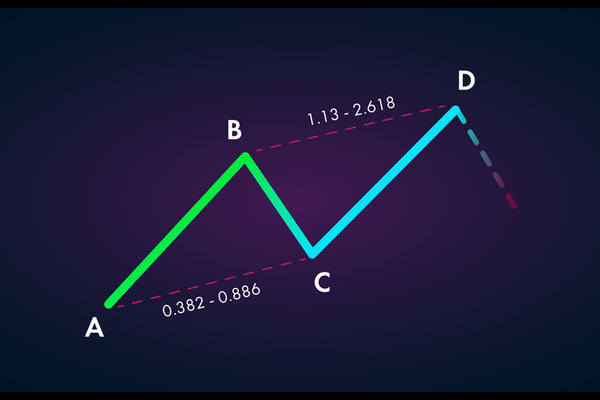Generally speaking, most investors will be familiar with stocks but
unfamiliar with ETF funds. So what is the difference between buying ETF funds
and buying stocks? How to choose below is an analysis for everyone:

What is the Difference Between Buying ETF Funds and Buying Stocks?
1. Different Concepts
Funds are issued by fund companies and are mainly used for investing in the
money market, bond market, stock market, etc. The issuance of stocks by listed
companies is a manifestation of the capital ownership of listed companies.
2. Different Handling Fees
Stock trading fees include stamp duty, brokerage commission, transfer fee,
etc. Buying ETFs does not require the payment of stamp duty, and there are fewer
types of fees compared to stocks.
3. Different Investment Risks
The risk of investing in stocks is greater. An ETF is actually an investment
portfolio that includes not only a certain stock but also risks that are
dispersed across each stock in the portfolio, equivalent to a diversified
investment.
4. Different Trading Venues
Ordinary stocks are traded on the stock exchange. ETF funds can not only be
purchased or redeemed from fund companies but also be traded on stock exchanges
like closed-end funds.
5. Different Trading Methods
Some ETF funds implement T+0 trading (such as cross-border ETFs, bond ETFs,
currency fund ETFs, and gold ETFs), and stocks are traded at T+1.
Stocks and ETFs have their own advantages, and there is no better saying.
Investors should choose products that are suitable for them based on their
actual situation.
ETF funds are index Funds that invest passively in the components or
commodities contained in a selected index according to the types and proportions
of the constituent indexes by adopting complete replication or sampling
replication. Its advantages are diversified investment risks (less investment
risks), low transaction costs, more convenient trading (diversified purchase
channels), and arbitrage operations that can also be carried out according to
the diversity of its trading venues.
The advantage of stocks is that investors have a high degree of autonomy and
selectivity (with control in their own hands). Although the risks are relatively
concentrated, choosing a good stock can yield considerable returns, making it
suitable for investors with strong risk tolerance and stock selection
abilities.







